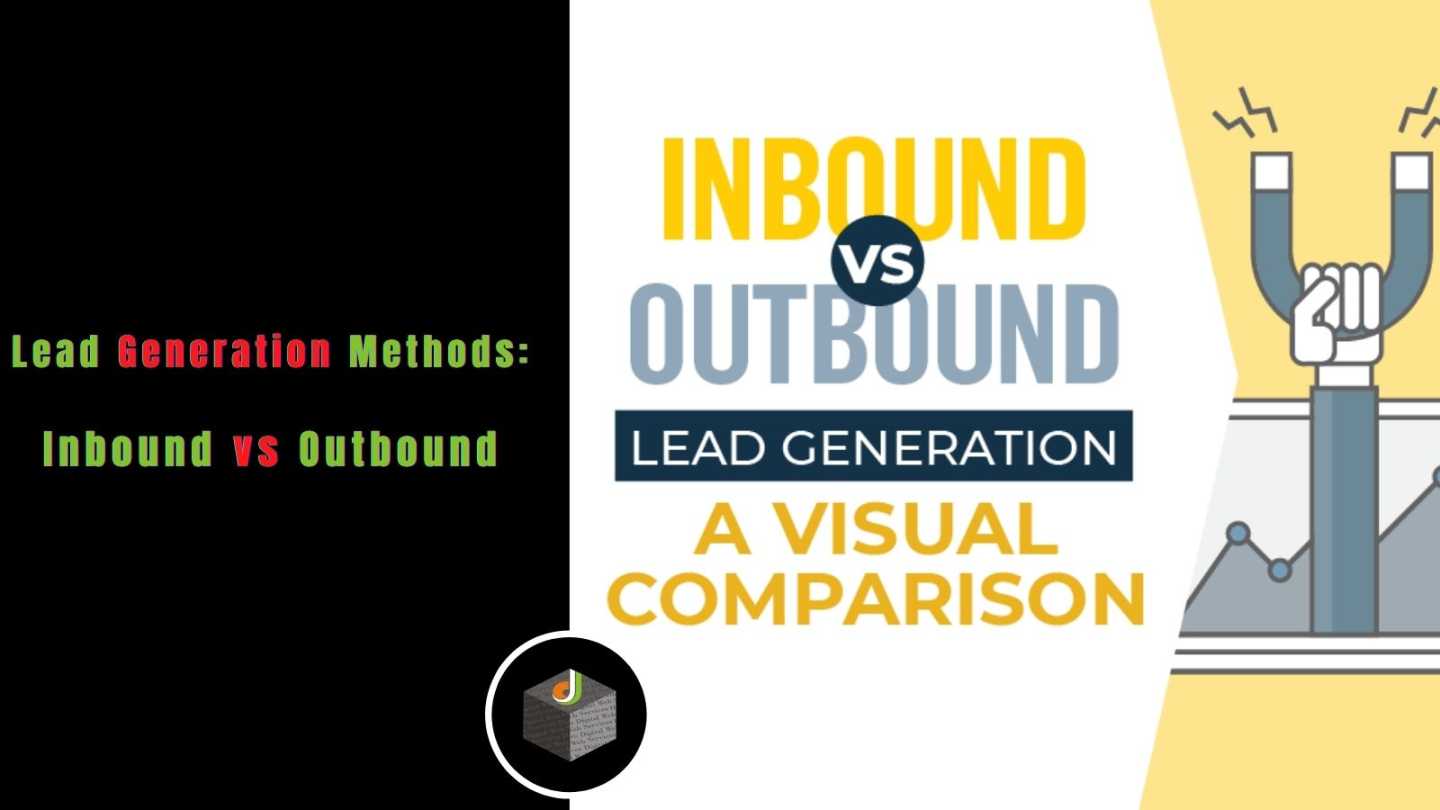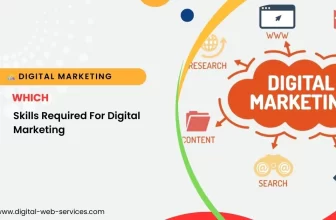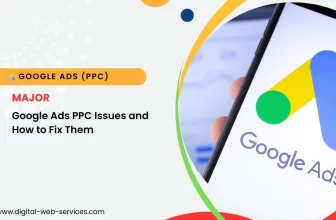
In the past, email blasts and brochures were enough to call customers’ attention. Fast forward to the digital age, and information abundance and the fight for online visibility make it more difficult for businesses to reach and engage with potential customers. The competition is also tighter since marketing is easier and more flexible today with the help of online channels.
That said, as customers get more informed, connected, and influenced, traditional lead generation methods no longer appeal to them. Having a solid and online-focused lead generation strategy in place can help your business sales process be more effective and successful in capturing your target audience’s attention and turning them from prospects to customers.
There are two main approaches to lead generation: inbound and outbound. While both of these methods are effective, it’s essential that you understand the difference to determine which one best suits your business goals and objectives.
The Difference Between Inbound and Outbound Lead Generation
Inbound lead generation refers to the process of attracting your customers using various forms of content and social media tactics to encourage them to find you on their own. Instead of forcing your brand message to your audience, you persuade them to connect with relevant and compelling content such as blog articles, webinars, podcasts, infographic articles, eBooks, and white-papers.
Here are some of the advantages of inbound marketing:
- Inbound lead generation tactics can be evergreen
- Helps you establish brand expertise
- Introduces prospects seamlessly into the conversation
Here are some of the disadvantages of inbound marketing:
- Creating valuable content takes too much time
- Requires specialized knowledge and niche skills
- Heavily relies on online channels and content
- Can be challenging to stand out from competitors
In contrast, outbound lead generation is when marketers tap on their target markets and spread the brand’s message through direct emails, cold calls, and pop-up ads and banners.
This type of lead generation is also called “interruptive marketing” since the efforts tend to interrupt whatever the target customer is in the middle of. For instance, they may be eating dinner when they get disturbed with an unwelcome marketing call, or a pop-up comes out of nowhere while reading an online article.
Here are some of the advantages of outbound marketing:
- Taps a wider group of people
- Provides more control over target leads and tactics
- Captures leads faster than your competitors
Here are some of the disadvantages of outbound marketing:
- Aggressive by nature
- Limited to one-way communication
- Possibility to reach out with customers who are not ready to decide
Simply put, inbound marketing brings in the leads and encourages them to get in touch with you when they are ready, while outbound marketing requires you to find potential customers.
Inbound vs. Outbound Lead Generation: A Visual Comparison
Below is a visual guide to help understand the similarities and differences between the two main approaches to lead generation. Both methods have their own benefits and drawbacks; learning the difference will help you decide which marketing strategy will allow you to explore opportunities for your growth.

Digital Web Services (DWS) is a leading IT company specializing in Software Development, Web Application Development, Website Designing, and Digital Marketing. Here are providing all kinds of services and solutions for the digital transformation of any business and website.










